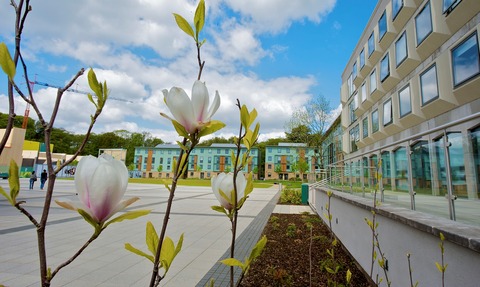
Research seeks to inform a United Nations (UN) debate on whether to call a temporary halt to the release of artificially created organisms.
There have been calls in recent years for a moratorium on the field release of artificially engineered organisms or components because of the potential risks to biodiversity.
The Subsidiary Body on Scientific, Technical and Technological Advice (SBSTTA) at the UN is currently debating such a moratorium.
New research seeks to inform these debates by mapping the scientific landscape for synthetic biology.
The paper “Scientific Biology:Mapping the Scientific Landscape” is by Dr Paul Oldham and Dr Stephen Hall of the Centre for Economic and Social Aspects of Genomics (Cesagen), a collaboration between Cardiff and Lancaster Universities.
Dr Oldham said: “Based on the empirical evidence we propose that guidance could be provided to funding agencies to respect the letter and spirit of the Convention on Biological Diversity in making research investments.
“Building on the recommendations of the United States Presidential Commission for the Study of Bioethical Issues we demonstrate that it is possible to promote independent and transparent monitoring of developments in synthetic biology using modern information tools.
“In particular, public and policy understanding and engagement with synthetic biology can be enhanced through the use of online interactive tools.”
The group have made existing data on the scientific literature on synthetic biology available in an online interactive workbook so that researchers and policy makers can explore the data and draw conclusions for themselves.

